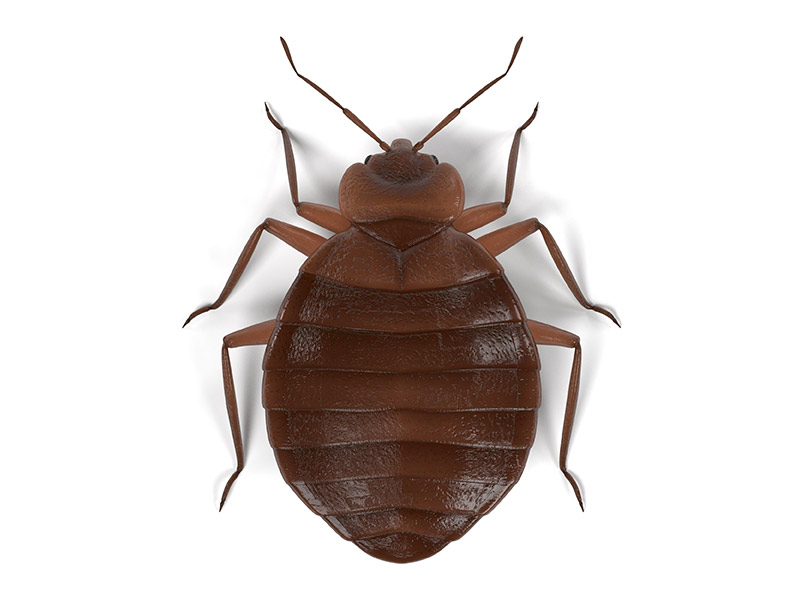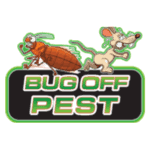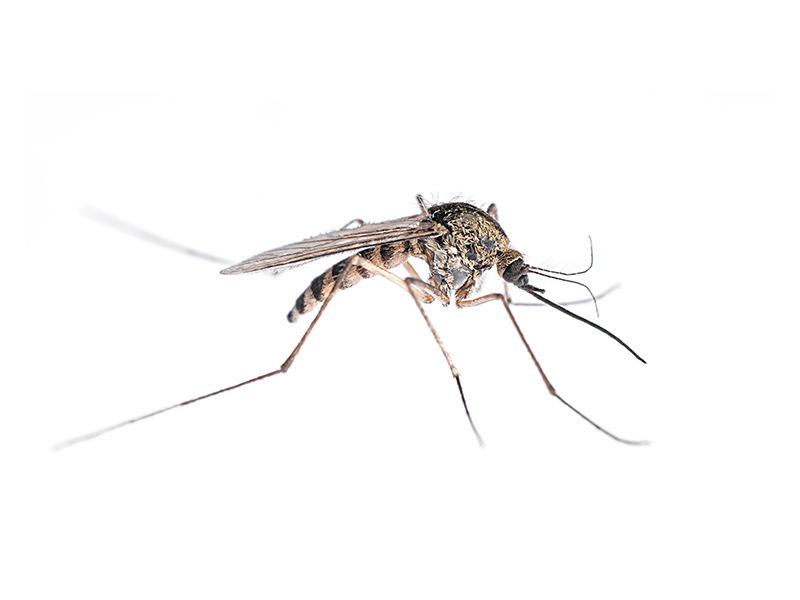Exploring Innovative Techniques and Products for Effective Bug Control
The landscape of pest control is evolving, marked by the introduction of cutting-edge strategies and items created to improve effectiveness and sustainability. From smart catches geared up with advanced monitoring systems to biological methods that use natural predators, these advancements offer a standard shift in how we come close to pest administration.
Smart Traps and Keeping An Eye On Systems
Exactly how can modern-day innovation improve insect management? One substantial development is the advancement of smart catches and keeping an eye on systems, which offer real-time data and analytics for reliable parasite control. These systems use sensors and cordless innovation to spot bug task, informing residential or commercial property supervisors and bug control experts to problems prior to they escalate.
Smart catches are geared up with attributes such as lure stations that attract insects and record them effectively. These traps can be kept an eye on from another location, allowing for timely treatments and reducing the demand for comprehensive chemical applications. Furthermore, the assimilation of artificial intelligence algorithms makes it possible for these systems to distinguish in between target insects and non-target types, boosting the accuracy of bug control steps.
Furthermore, the information collected from wise catches can be examined to determine patterns in bug habits and ecological variables adding to problems (Pest Control in Port Charlotte). This info is indispensable for creating targeted bug monitoring approaches tailored to details settings. By accepting clever catches and checking systems, parasite control specialists can improve their operational efficiency and reduce the ecological impact of parasite administration, inevitably leading to much safer and a lot more sustainable techniques in the sector
Organic Parasite Control Techniques
Utilizing all-natural killers and parasites, organic bug control techniques supply an eco-friendly option to chemical therapies. This approach includes the introduction or improvement of particular organisms that can normally manage insect populations, consequently decreasing reliance on synthetic pesticides. Typical examples consist of making use of ladybugs to control aphid infestations and parasitical wasps to target caterpillars.

Biological control can be classified right into three major techniques: classical, augmentative, and preservation. Classical biological control entails importing all-natural adversaries from the bug's indigenous habitat, while augmentative control entails raising the population of existing natural opponents through launches. Conservation approaches focus on developing conditions that support these advantageous microorganisms in the environment.
The performance of biological parasite control hinges on recognizing the complex communications within ecosystems. It commonly requires a detailed analysis of pest characteristics and the life cycles of both the insects and their all-natural enemies. While biological approaches might not give instant outcomes like chemical alternatives, they contribute to long-lasting parasite management and ecosystem health look at this web-site and wellness. As understanding of environmental problems expands, organic pest control techniques are increasingly recognized for their sustainable function in integrated bug management programs.
Eco-Friendly Chemical Alternatives
Eco-friendly chemical alternatives give a viable solution for parasite monitoring that reduces ecological influence while successfully regulating bug populations. These options are originated from natural resources and are meticulously created to target certain bugs without damaging helpful microorganisms, making them a crucial part of sustainable parasite control methods.
Amongst the most effective eco-friendly alternatives are plant-based pesticides, such as neem oil and pyrethrin, which are stemmed from the seeds and flowers of different plants. These materials interfere with the life cycles of parasites, reducing their populations without the hazardous impacts connected with traditional pesticides - Pest Control in Port Charlotte. In addition, important oils like pepper mint and clove oil show repellent properties, further improving their utility in insect management

Additionally, environment-friendly chemical alternatives frequently damage down more rapidly in the environment, lowering the risk of soil and water contamination. This particular aligns with the enhancing customer need for lasting practices in agriculture and metropolitan pest control. As research study continues to advancement, the growth of ingenious environmentally friendly formulas will further boost effectiveness and broaden application areas, enabling pest management professionals to embrace greener, a lot more liable methods in their practices while protecting human wellness and the atmosphere.
Pheromone Interruption Strategies
Another cutting-edge strategy in lasting bug management is making use of scent interruption methods. These techniques make use of the natural chemical signals, or pheromones, that pests make use of for communication, especially in mating actions. By interfering with these signals, pest populaces can be successfully handled without turning to damaging chemicals.
Scent traps are generally used in this method. Over time, this can lead to a substantial decrease in insect populaces.

Integrated Pest Administration Strategies
Efficient insect control commonly calls for a thorough technique, and Integrated Bug Management (IPM) approaches offer a structure for accomplishing this objective. IPM incorporates various administration practices to lessen bug populations while decreasing dependence on chemical pesticides. This complex technique starts with extensive monitoring and identification of bugs, permitting targeted treatments based upon specific insect pressures.
Social techniques, such as plant rotation and sanitation, play a vital function in avoiding bug additional resources facility. Biological controls, consisting of natural killers and parasitoids, are utilized to preserve bug populaces at workable levels. When needed, selective chemical treatments are used, emphasizing lower poisoning to non-target species and the environment.
By employing this holistic technique, IPM not only boosts parasite control effectiveness yet additionally adds to long-term environmental equilibrium. Eventually, Integrated Insect Management stands for a forward-thinking solution that straightens agricultural performance with environmental stewardship, making it vital in contemporary insect control approaches.

Verdict
In verdict, the integration of innovative methods and products for effective bug control stands for a considerable development in sustainable parasite monitoring. Smart catches and keeping track of systems, biological bug control approaches, eco-friendly chemical alternatives, and scent disruption techniques collectively boost the efficiency of parasite administration methods.
Comments on “Experience highly effective Pest Control in Port Charlotte for lasting results.”